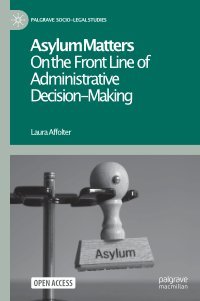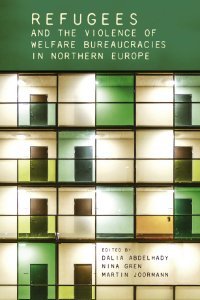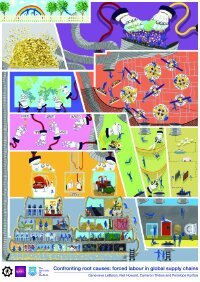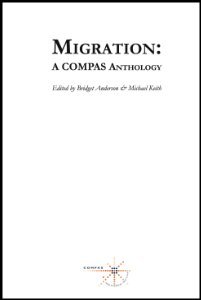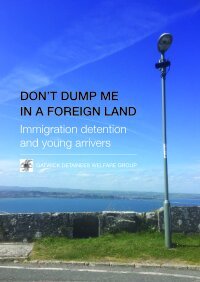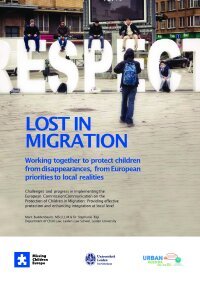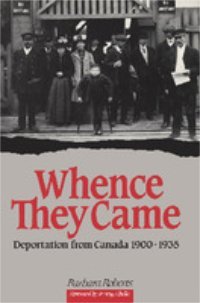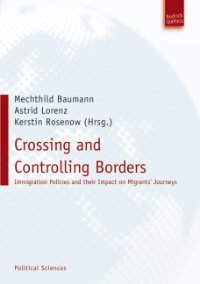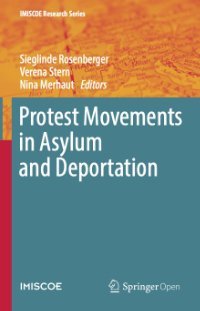By Peter Higgins.
The title of this book signifies that immigration policy is not a matter of ethics (understood to refer to the moral analysis of individual action and character), but is rather a matter of justice, and more precisely, structural justice. A central contention of this book is that the justice of an immigration policy can be ascertained only through consideration of the pervasive, systematic, and unjust inequalities engendered by the institutions that constitute our social world. This is because immigration policies affect people not as individuals per se, but as members of social groups that are brought into existence by the ways in which formal rules, informal norms, and stable practices (that is, social institutions) unequally distribute opportunities among those implicated in them. That is to say, the way an immigration policy affects a person is not idiosyncratic, but rather is a function of that person’s gender, race, economic class, sexuality, ability, age, and citizenship status, among other things. What I am asserting here, but will argue for throughout this book, is that one cannot wholly determine whether or not an immigration policy is just in our social world, given its present nature, unless one’s principles for making such assessments treat gender, race, economic class, sexuality, and so on, as salient categories of analysis.
Edinburgh: Edinburgh University Press, 2013. 281p.




